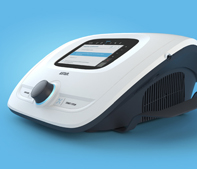
Description: The valproic acid test is used to measure and monitor the amount of valproic acid in the blood and determine whether the drug concentration is within the therapeutic range.
The prescribed dose of the drug may be adjusted up or down depending on the results of the blood test. The test may then be ordered at regular intervals, and as needed, to ensure that therapeutic blood concentrations are maintained. Valproic acid affects chemicals in the body that may be involved in causing seizures and it is used to treat various types of seizure disorders, sometimes used together with other seizure medications & is also used to treat manic episodes related to bipolar disorder (manic depression), and to prevent migraine headaches.
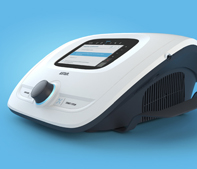
Description: Monitoring adequacy of drug concentration during vancomycin therapy. Vancomycin is an antibiotic used to treat infections caused by gram-positive organisms that are resistant to beta-lactam antibiotics, such as methicillin-resistant staphylococci (MRSA), Streptococcus viridans group, penicillin/cephalosporin-resistant Streptococcus pneumoniae, and penicillin/ampicillin-resistant Enterococcus species. The oral formulation, which is not absorbed, is used in the treatment of pseudomembranous colitis caused by Clostridium difficile. Vancomycin is also used when patients are intolerant or allergic to beta lactams. Vancomycin has been associated with nephrotoxicity and ototoxicity.
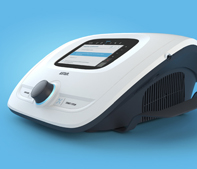
Description: The Varicella zoster virus (VZV) is a herpes virus that causes both chickenpox and shingles. This IgG blood test is used to determine whether or not an individual has been vaccinated for the VZV. Chickenpox (varicella) is characterized by itchy blisters that form a rash. The chickenpox infection leads to immunity from varicella in the future, but the virus remains latent within certain nerves cells in the body and can reactivate later as shingles. Shingles (herpes zoster) produces a very painful rash in older adults or individuals with compromised immune systems. VZV can spread to fetuses and result in congenital heart disease of the infant.
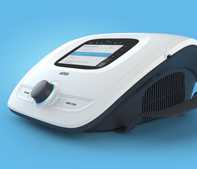
Description: This test is typically ordered when a person is experiencing symptoms of chicken pox or shingles to aid in confirming a diagnosis. The Varicella Zoster Virus Antibodies, IgM test is typically done to look for an acute infection with the virus which causes chicken pox. Varicella Zoster Virus is a member of the Herpes Virus family. This test measures the level of antibodies produced by the immune system in response to the virus. IgM antibodies are typically detectable 1-2 weeks after the initial infection. These antibodies will begin to fade out after a short period of time and become undetectable. The virus will typically remain dormant in a person's body for the rest of their life. In some cases, it may become active later in life. If these cases, detectable levels of IgM antibodies may be produced again.
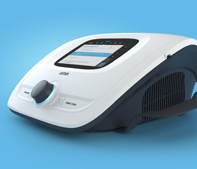
Description: Vitamin B12 (Cobalamin) plays an important role in the normal functioning of the central nervous system, metabolism, and the formation of red blood cells. Deficiencies in vitamin B12 can lead to nerve damage and specific cases of anemia in which red blood cells are larger than average and the level of hemoglobin in the blood are deficient, called macrocyotic anemia. Malnutrition or conditions that can cause an individual to have poor absorption of nutrients like celiac disease, Crohn's disease, alcoholism or intestinal or gastrointestinal disorders may have low levels of Vitamin B12.
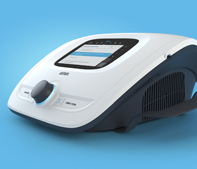
Description: This test is done to measure how much Vitamin D is in your body. Low levels of 25-OH and Vitamin D deficiency can lead to bone diseases such as rickets and osteomalacia.
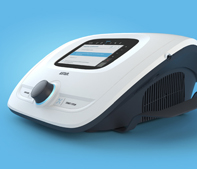
Description: This test checks the amount of calicum that is passed from the body in 24 hours.
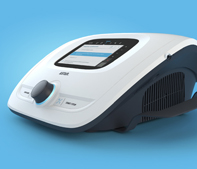
Description: This test measures the amount of creatinine in urine and to see how well your kidneys are working.
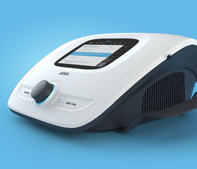
Description: This test is used to evaluate the rate and effiencey of the kidney filtration.
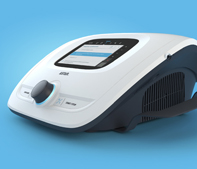
Description: This test checks the function of the kidneys and helps detects disease. Proteinuria is oftern a sign of kidney damage and disease.